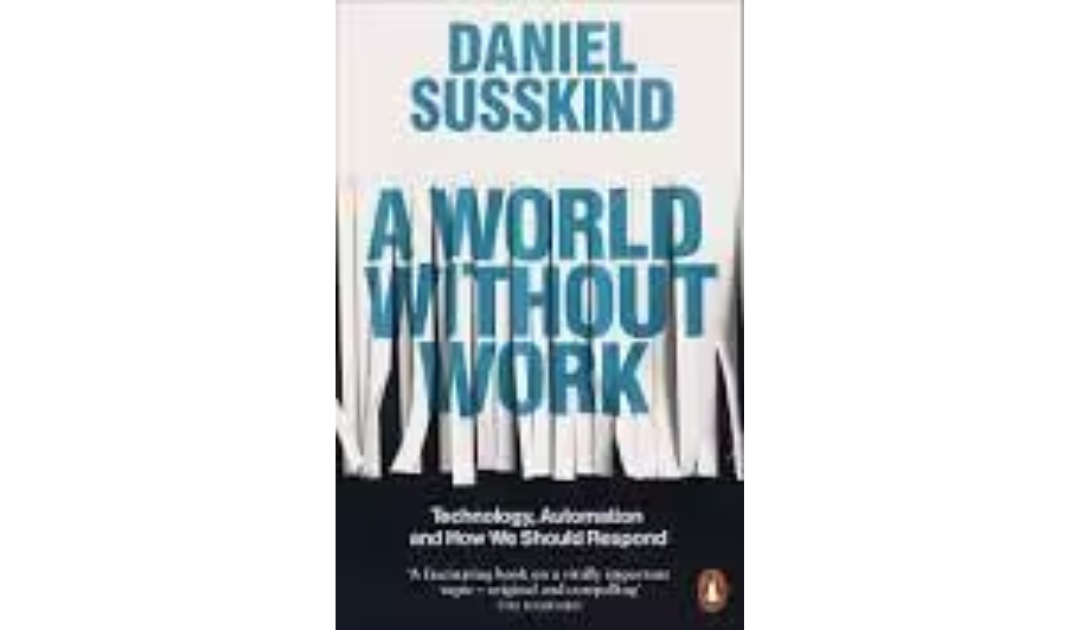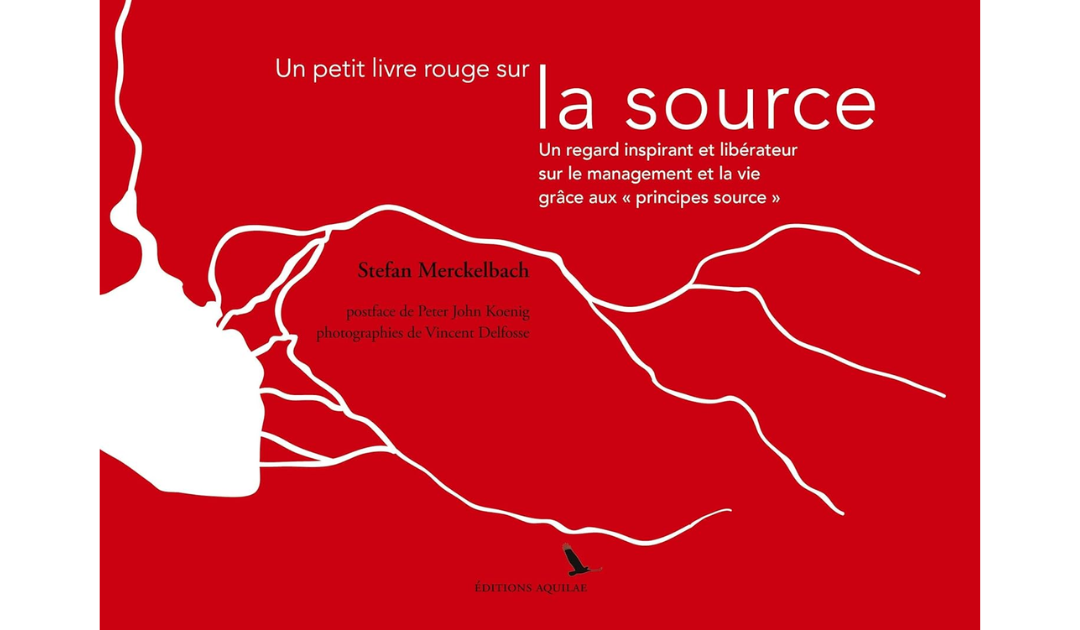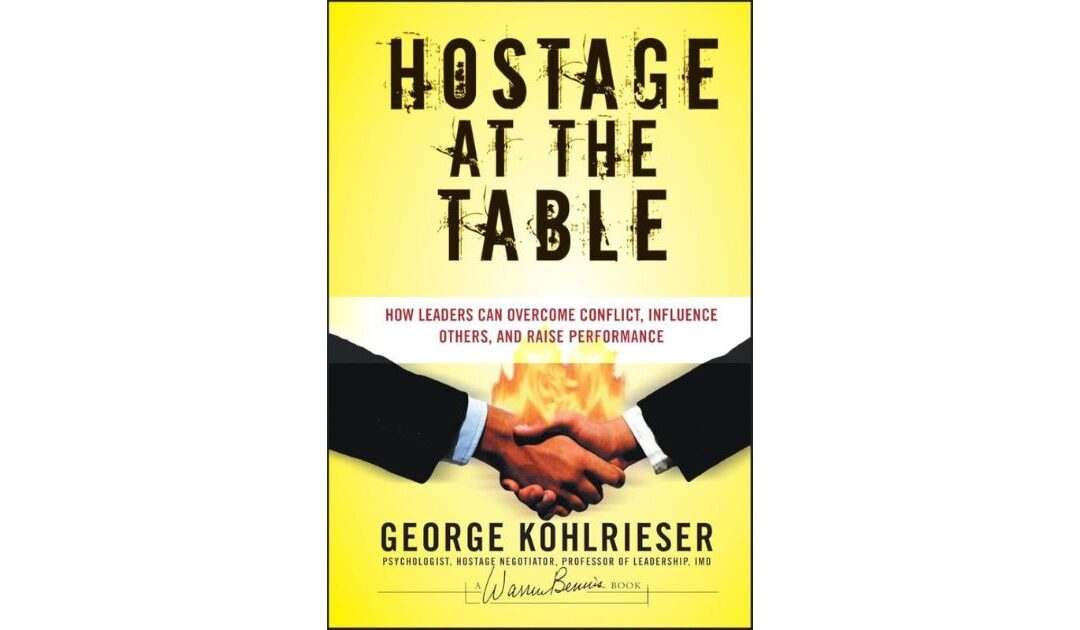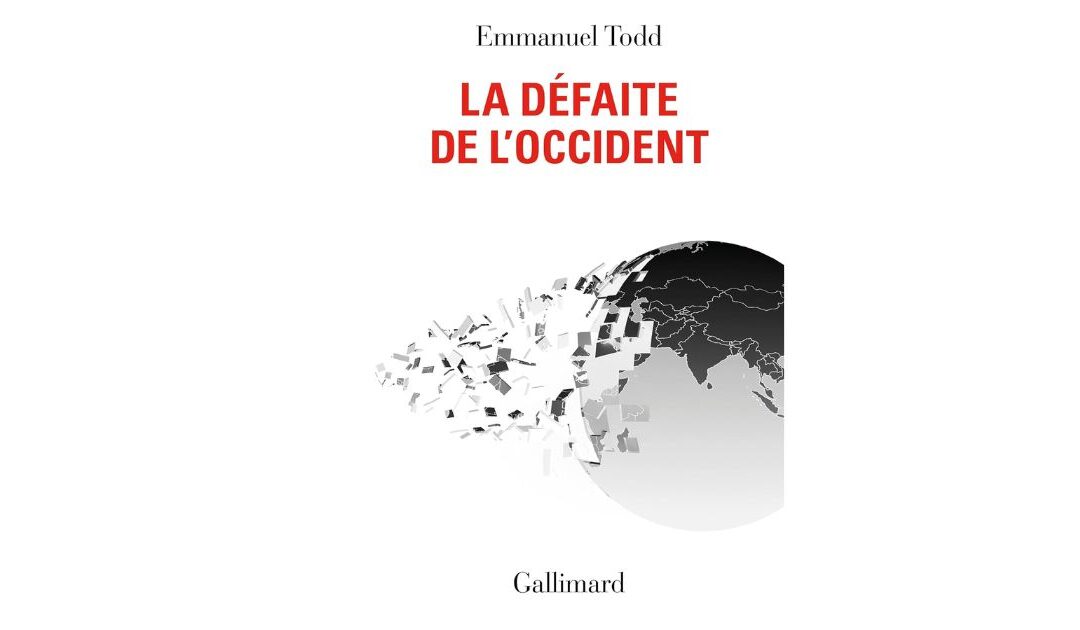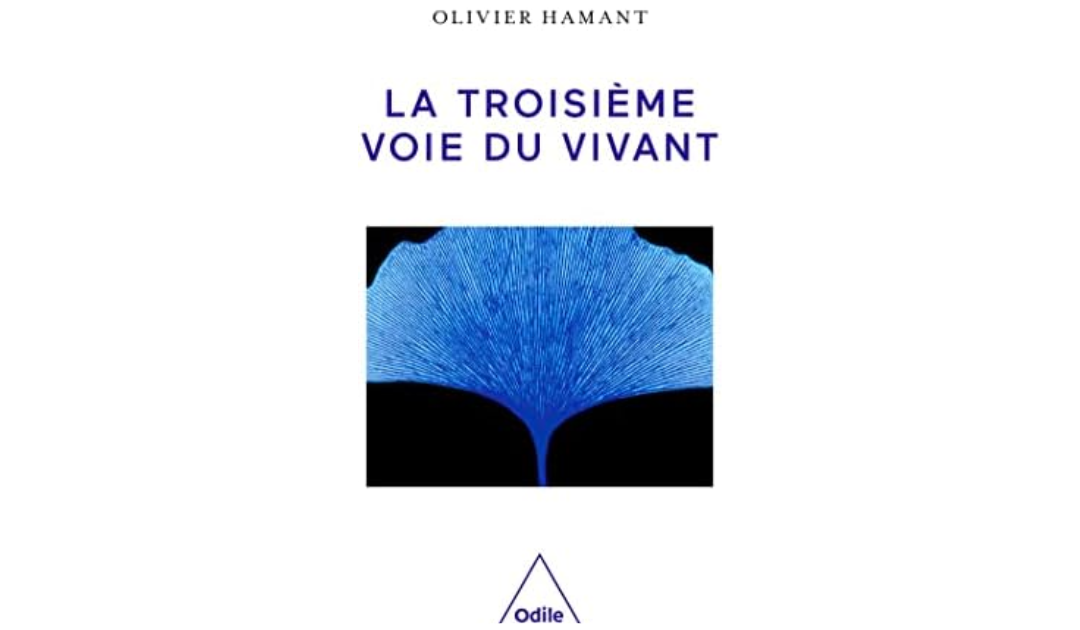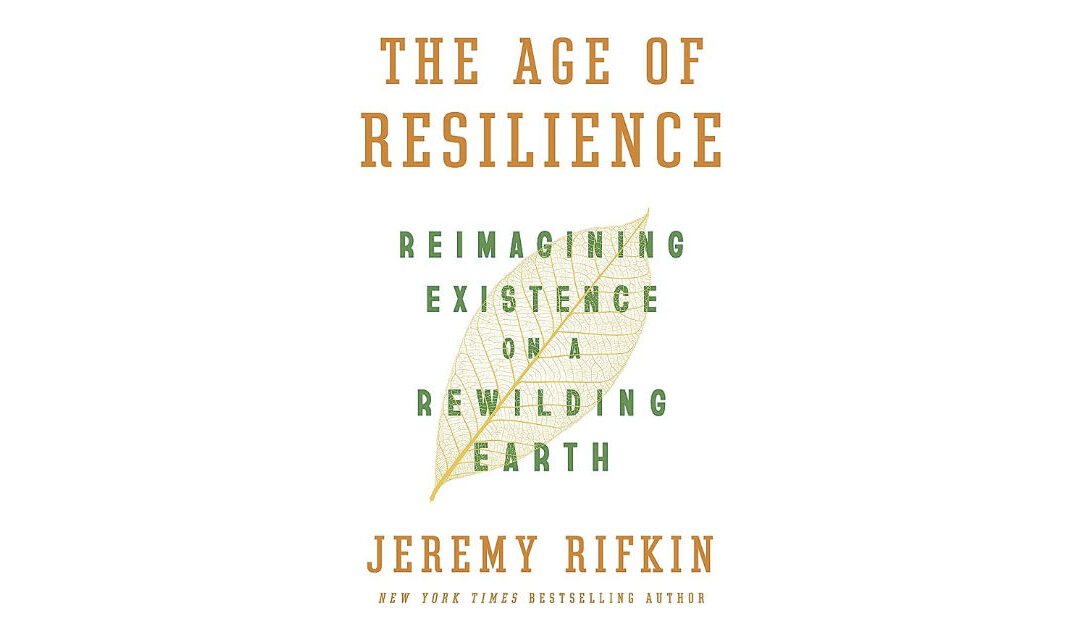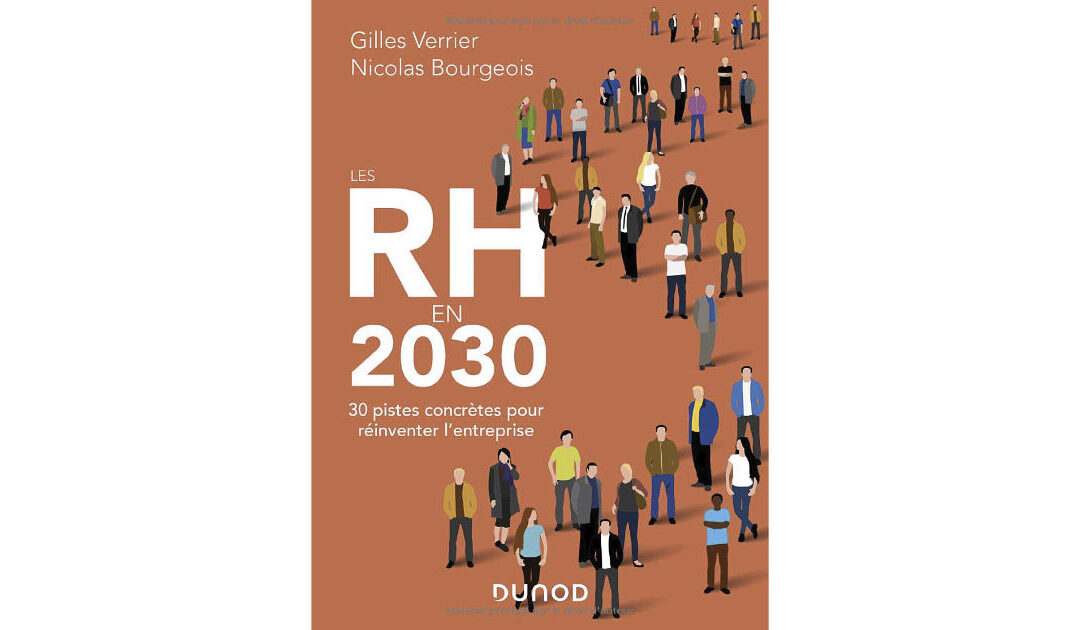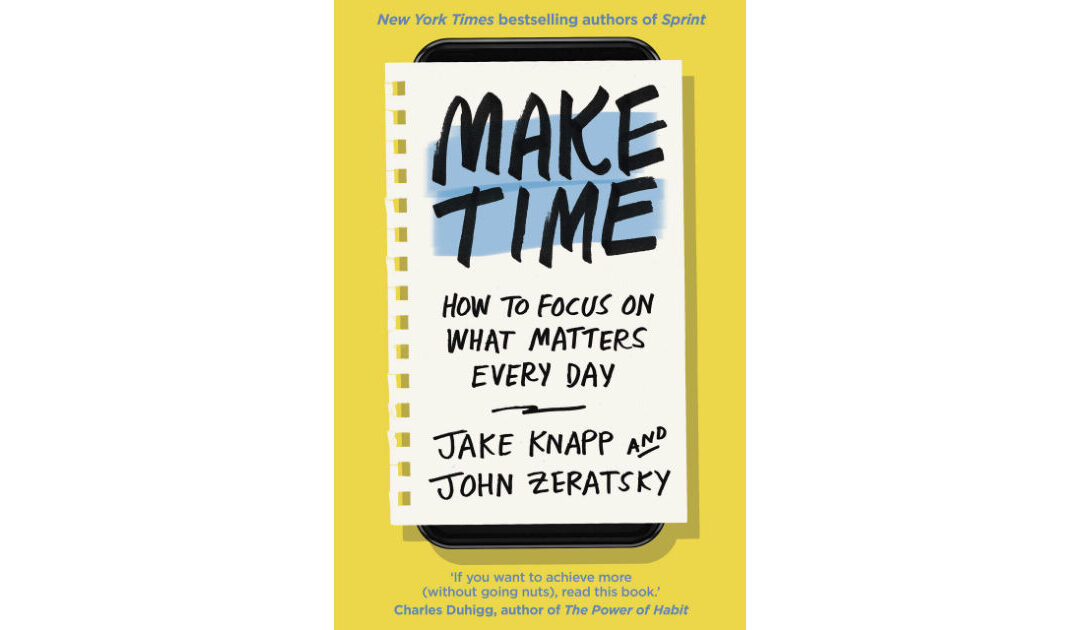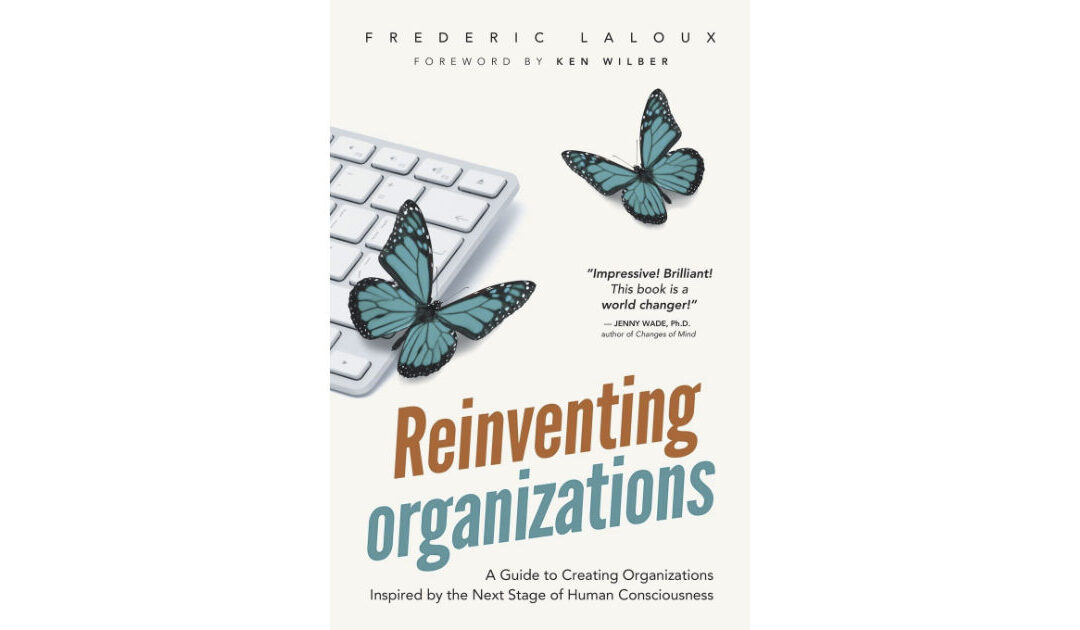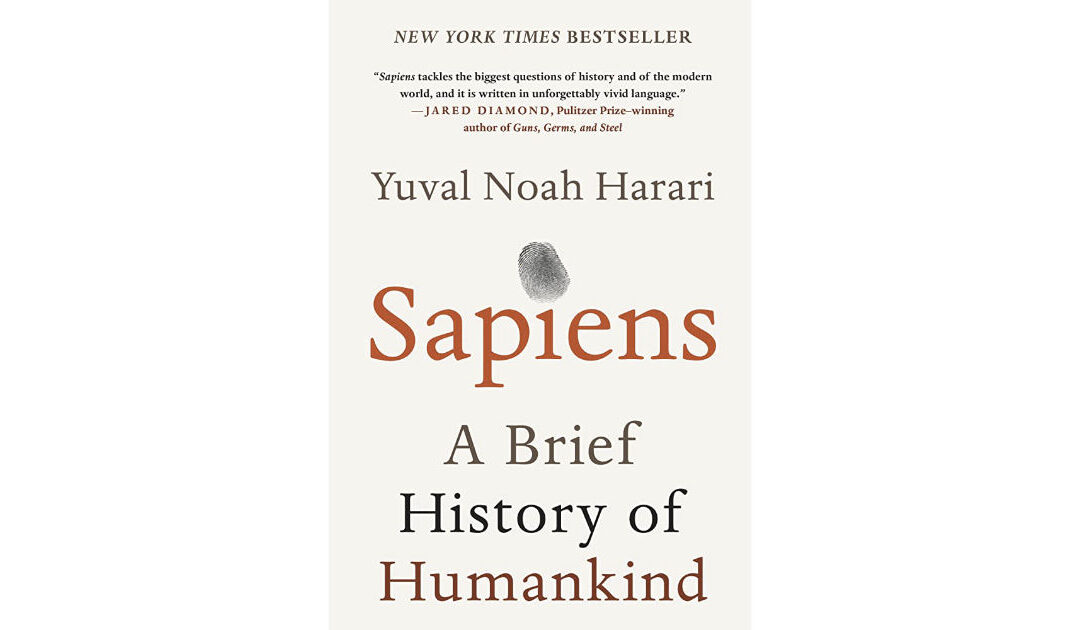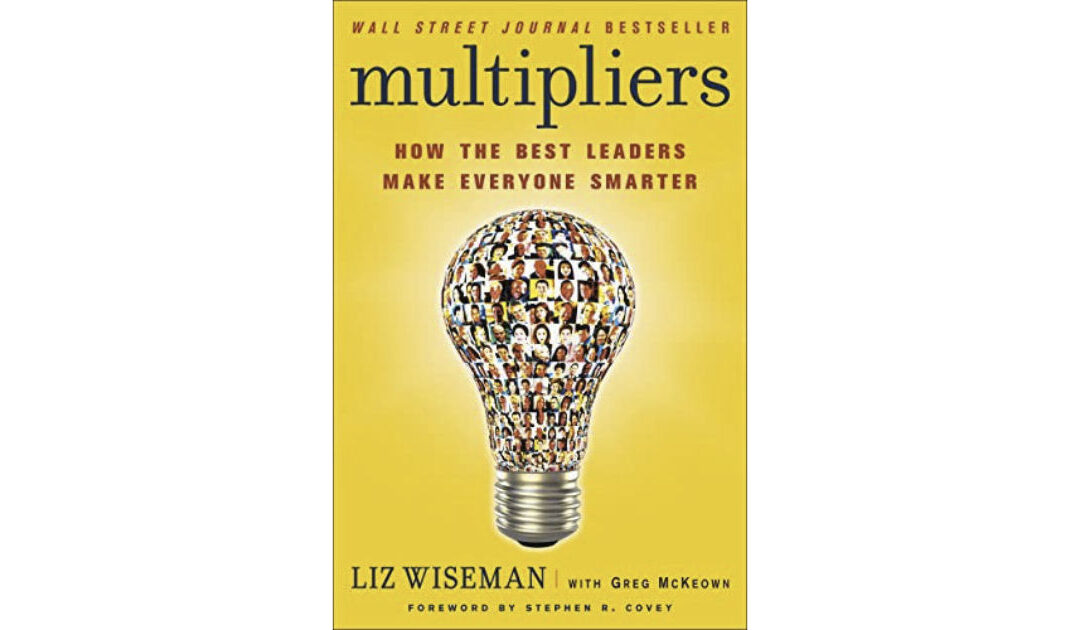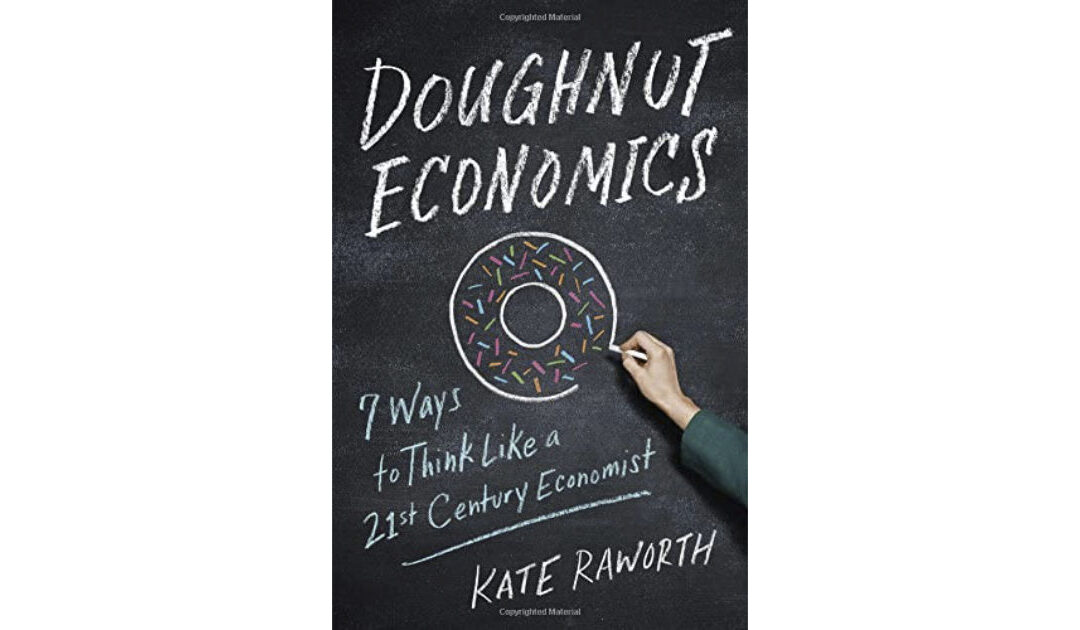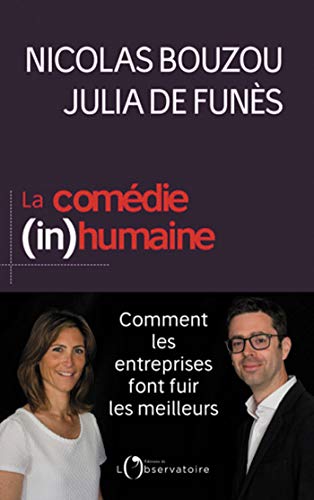All leadership gurus place great importance on trust. But while many organizations claim that trust is important, few make it their credo. As a catalyst for collective energy, trust enables excellence, because it imposes a virtuous circle of improvement to become better.
The leader’s responsibility is to cultivate trust as a core value in organizations. Almost all managers are assessed on their financial results. Very few are evaluated on their ability to develop a climate of trust. It’s high time to restore the balance!
Programmed by default on non-confidence
At the very basis of the cooperative functioning of our human societies, trust is also about taking risks. In our societies, which value security, we act with caution and oscillate between distrust and trust, between caution and letting go.
Polluted by a century of hegemony of the employment contract and its bond of subordination, we have encouraged the practice of “conditional, one-way managerial trust”. To get our manager’s trust, we have to earn it, often in a climate of skepticism, fear and testing. After this stage, when we succeed, it’s the Grail… fireproofed on a regular basis !
Requiring someone to “earn” your trust is an elitist view of things
One-way trust is not trust. It’s the reinforcement of a power structure. True trust is a relationship of interdependence that creates a sense of security, allowing everyone to be authentic, to try, to excel. It allows for missteps, and draws inspiration from them to improve. It is a key element of a strong, resilient corporate culture. How many missed opportunities for the privilege of some!
Trust doesn’t just fall from the sky!
Moving from mistrust to trust requires a proactive attitude focused on the positive: changing posture and shifting the gaze from self to other. By reprogramming our organizations on a “trust by default” mode, we value balanced relationships between all, where authenticity, letting go and risk-taking are at the heart of the concept. It means evolving from a one-way street (“what I expect from you”) to a space of openness (“what others need”).
The climate of trust is the soil that provides a safe space where everyone can receive what they need.
Trust is glaringly absent from our measurement systems
Our companies have become temples of performance, with their procession of indicators to objectify, quantify, measure and evaluate it. But putting too much emphasis on performance indicators is like shooting yourself in the foot. Some managers stimulate internal competition in order to boost performance, and our companies continue to value toxic behaviour to the detriment of overall performance, by celebrating people who get results, including those we don’t trust.
We calibrate a company’s success on the evaluation of its immediate performance, without always worrying about the quality of the soil that fosters sustainable performance. Focusing on trust before performance increases the likelihood that a team will perform at a high level over the long term.
Measurement and evaluation systems are powerful levers for cultural change. If we want to transform our businesses into companies programmed on trust by default, we need to highlight, value and encourage trust.
But wouldn’t that be giving too much space to feelings?
Aligning behaviors in a proactive mindset
While we’re used to evaluating performance, we’re often unsure of how to measure trust, which is subjective and difficult to measure. Yet some organizations succeed. While the concept of trust may seem “sentimental”, vague, badly defined and lacking in objectivity, this is not the case. Numerous studies have analyzed the essential elements of trust. Considering these constitutive elements of trust makes the concept more apprehensible and even easily measurable:
(1) Credibility, which combines competence and judgment.
(2) Authenticity, which guarantees interaction with the true “me”, without masks, judgments, egos or hidden agendas.
(3) Coherence between the person, his or her words, actions and values, the ability of a person to keep his or her commitments.
(4) Empathy, which systematically directs the focus towards the other rather than oneself.
(5) Integrity, firm adherence to a code of shared moral values.
When everyone in an organization works together to interact with credibility, authenticity, consistency, empathy and integrity, our organizations become safe spaces, where everyone can express their vulnerability. We are no longer afraid to ask for help, to circulate information freely, to assume a behavior, to acknowledge a mistake. And it is within these spaces that the collective can be innovative, a force for proposal and effective.
It is therefore completely possible to measure, evaluate and understand the climate of trust that reigns within our organizations, as well as everyone’s individual contribution to the creation of this Eden.
The role of our leaders
Valuing employees’ contribution to the company’s project, and encouraging teams to become more responsible and autonomous, requires us to cultivate this climate of trust, to awaken our sensitivity to others in order to understand and dare to work with them.
The leader’s purpose is to align energies to create this climate, to encourage everyone in the organization to play an active role in creating this safe space: the trust others have in me, the extent to which my colleagues rely on me, the positive influence I exert on other team members, my contribution to collaboration.
The leader is responsible for positioning trust at the heart of the corporate culture. People will trust their leaders if what they do gives them that sense of security.
Almost all leaders are assessed on their financial results. Very few are evaluated on their ability to develop a climate of trust. It’s high time to restore the balance!

